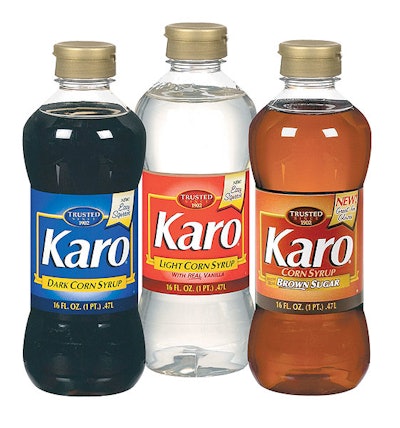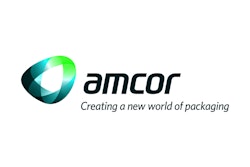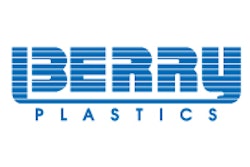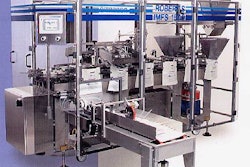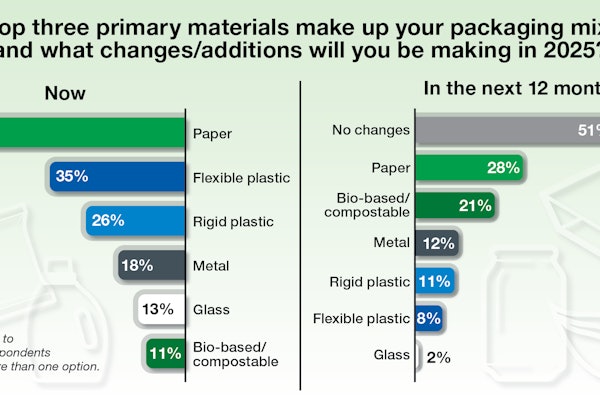Besides the move to PET, Karo’s 16-oz venerable light, dark, and pancake syrups were joined by a new brown sugar syrup variety.
Amcor injection/stretch blow-molds the bottles, then ships the 30-gram bottles to the Summit, IL, plant of ACH Food Companies, Inc., the Memphis-based food manufacturer that purchased the Karo syrup brand from Unilever two years ago. To accommodate the PET bottles, the plant added a new filler, capper, labeler, case packer, bottle handling, and conveying equipment.
Erin Shackelford, ACH’s brand manager, tells Packaging World that the syrup is hot-filled, though she wouldn’t reveal the specific fill temperature. “It was quite a challenge to fill them without [bottles] returning back to their preform shape,” she says, “but that’s what Amcor’s technology permits. We chose Amcor for these bottles because we had worked with them on other projects.”
According to Amcor, “new breakthroughs in technology allow for a more streamlined design, eliminating panels and excessive structural ribs.”
Economically, Shackelford says, the switch to PET from glass was a wash. ACH may save a little in transportation costs because the PET is lighter in weight than glass. A key reason for the move to PET, she says, was that “we wanted to make the package more modern and unbreakable, and provide consumers with a closure that was easy to use.” The squeezable bottle and closure make it easier for consumers to dispense the viscous syrup.
The 33-mm polypropylene flip-top closure is supplied by Crown Zeller USA. A synthetic plastic label from Smyth Companies completes the package. It’s printed offset in four or six colors.
“We wanted the clean look of glass, but with better functionality,” says Shackelford. “We made the waist a little skinnier to make it better suited for the female hand. We also wanted the bottle to have a quality feel, and be able to stand up to shipping abuse without dented or scratched shoulders.”
All four varieties retail nationwide at supermarkets and Wal-Mart Supercenters for $2.39, the same price as their glass predecessors.
